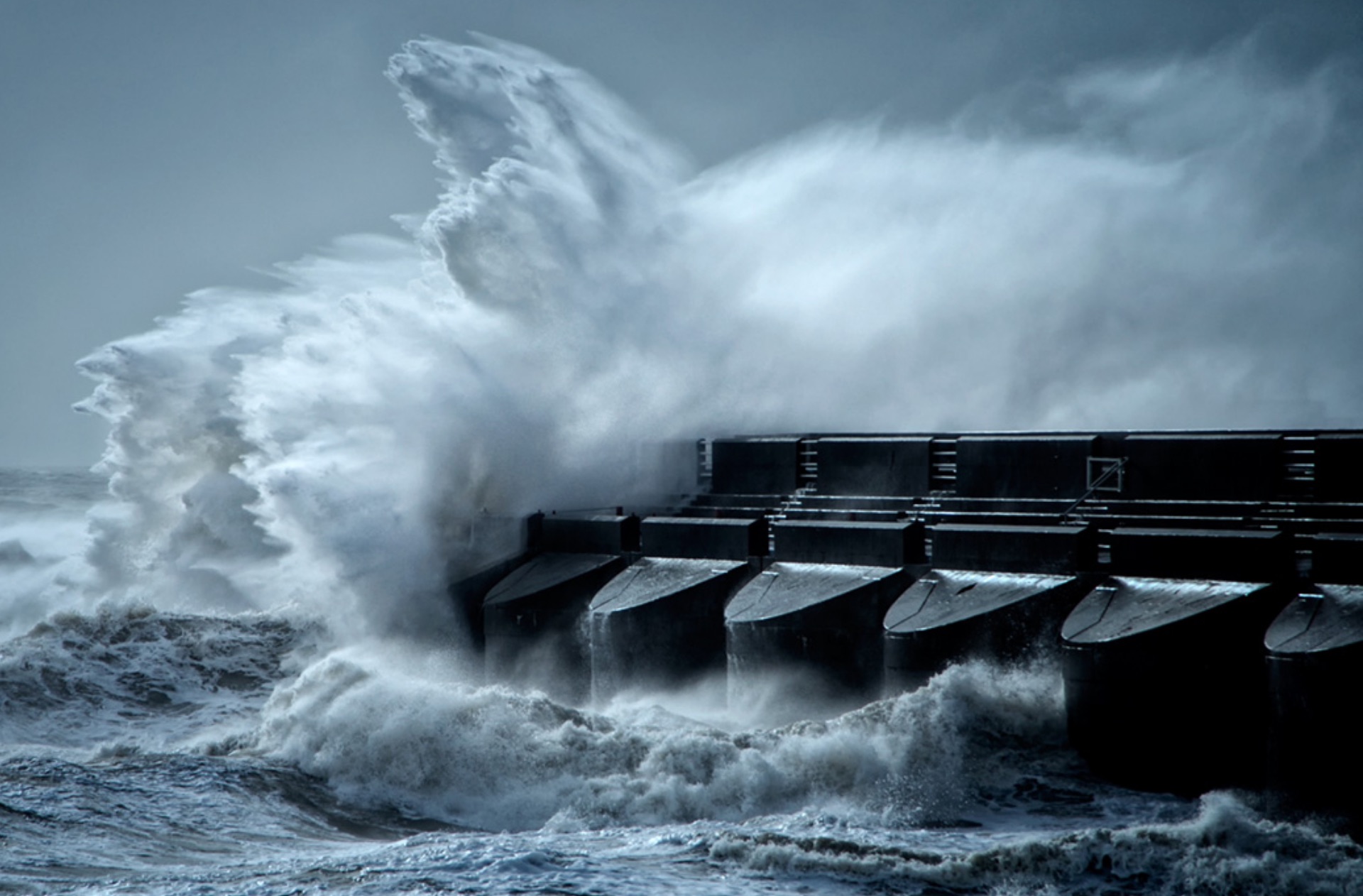With so much focus on CO2, we often forget that there are several other greenhouse gases (GHGs) that are contributing to global warming! One particularly potent gas is methane (CH4). While it accounts for considerably fewer overall emissions, it is 25 times more efficient at trapping radiation over a 100-year period [1] compared to CO2, and more than 80 times more powerful over 20 years. [2] As a result, focusing emission reduction efforts on methane is a powerful means to mitigating global warming, especially over shorter time horizons.

Source: EPA – https://www.epa.gov/ghgemissions/inventory-us-greenhouse-gas-emissions-and-sinks
In fact, expediting methane abatement has been categorized as “the single most effective strategy to reduce near-term global warming to keep the goal of limiting warming to 1.5 degrees Celsius within reach.” [3]
COP 26 will see the official launch of the Global Methane Pledge. Countries that commit to the pledge are signing up for “a collective goal of reducing global methane emissions by at least 30 percent from 2020 levels by 2030 and moving towards using the best available inventory methodologies to quantify methane emissions, with a particular focus on high emission sources.”[4] Countries and jurisdictions already committed include Argentina, the European Union, Ghana, Indonesia, Iraq, Italy, Japan, Mexico, Pakistan, the U.K., and the U.S.
Methane is an output of various natural and human activities including agriculture, fossil fuels, land use, natural wetlands, and waste management. However, each participating country has a different methane emissions profile. For example, the majority of Pakistan’s methane emissions are derived from agriculture while most of Indonesia’s methane output comes from waste.
As part of its commitment, the U.S., via the Environmental Protection Agency (EPA), will be working to reduce oil, gas, and landfill methane emissions. The U.S. Department of Agriculture (USDA) is also engaged and will work with farmers and ranchers to “expand the voluntary adoption of climate-smart agriculture practices that will reduce methane emissions from key agriculture sources by incentivizing the deployment of improved manure management systems, anaerobic digesters, new livestock feeds, composting, and other practices.” [5]
In support of the Global Methane Pledge, several major philanthropic organizations will contribute over $220 million. These funds will provide “expertise, financial resources, technical support, and best-in-class data to ensure methane reduction progress and accurate monitoring, verification, and reporting, including in the resource extraction and agriculture sectors.” [6] Philanthropic backing was key to the implementation of the Kigali Amendment to the Montreal Protocol, which has accelerated the removal of hydrofluorocarbons (HFCs). HFCs are another short-lived, but potent GHG. “Although HFCs do not reduce stratospheric ozone, they threaten to accelerate climate change because their global warming potential (GWP) is large—thousands of times higher than that of carbon dioxide.” [7]
We look forward to the formal launch of the Global Methane Pledge and the broader agenda of COP 26. The Montreal Protocol has shown that global cooperation can lead to significant change in a short time and we hope to see even greater success as a result of these pledges.
In our recent event, The Great Repricing: Financial Advice in the Age of Climate Change, Monique Aiken of The Investment Integration Project (TIIP) and Stephan Nicoleau of FullCycle spoke about prioritizing methane reductions in their session, The Possibilities of Infrastructure Justice. Beyond critical emissions abatements themselves, rethinking energy infrastructure and other industrial processes from a social perspective can lead to better health outcomes for communities presently located near high pollution sites. Watch their fireside chat here, and also check out the other sessions from the virtual conference that are now available free on demand.
_______________________________
[1] https://www.epa.gov/ghgemissions/overview-greenhouse-gases#methane [2] https://www.edf.org/climate/methane-crucial-opportunity-climate-fight [3] https://www.state.gov/joint-u-s-eu-statement-on-the-global-methane-pledge/ [4] https://www.whitehouse.gov/briefing-room/statements-releases/2021/09/18/joint-us-eu-press-release-on-the-global-methane-pledge/ [5] https://www.whitehouse.gov/briefing-room/statements-releases/2021/09/18/joint-us-eu-press-release-on-the-global-methane-pledge/ [6] https://hewlett.org/newsroom/leading-philanthropies-partner-and-commit-to-over-200m-to-reducing-methane-emissions/ [7] https://www.law.georgetown.edu/environmental-law-review/blog/the-united-states-may-finally-ratify-the-kigali-amendment-with-potential-implementing-legislation-already-underway/


